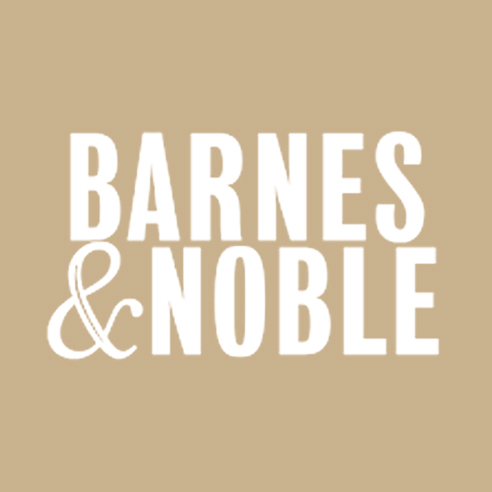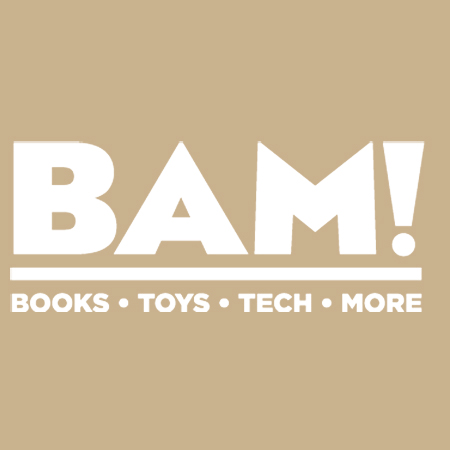Friends sometimes ask me to recommend books on Creative Writing to them. Below are 2 favorites--I like them for different reasons.
1. Bird by Bird, by Anne Lamott. Pantheon Books.
This is a more general book, accessible to beginners, very personal, with many anecdotes from Lamott's life. It's also very funny & has many good practical pointers. (Shitty First Drafts, Dialogue, Broccoli). Part One deals with the building blocks of writing, such as Plot, Character, Set Design. Part Two, titled The Writing Frame of Mind, discusses habits that are helpful for a writer to develop, such as observation and learning to turn off the critical voice inside one's head (Radio KFKD). Part Three, Help Along the Way, is about getting outside support. From index cards to writing groups, there's a lot here. Finally, she has a section on publication. I found this book very useful when I was starting off being a writer & often felt alone and worried that my writing was no good.
2. The Half-Known World, by Robert Boswell. Graywolf Press.
This book is also very accessible and filled with wonderful stories from the author's life, but it is, additionally, deep and complex. It gives you some unique ways to think about your writing. Boswell explains why some stories fail (he offers 5 categories of failure, such as the Bastard and the Hipper than thou story) and asks wonderful questions that will help you go deep into the character you are creating (What stupid thing kept her awake last night?). He makes you aware of patterns and designs in texts & teaches you how to look for them in your own fiction.The chapter on Omniscience is excellent. I particularly appreciated the list of fictional works that appears at the head of each chapter. These are works he refers to in that chapter--so he's giving you a valuable reading list as well. This book will help a range of writers--all the way up to Creative Writing MFA students.
Hope this is helpful. I've been inspired by my own post--I think I'm going to re-read both these amazing books!








